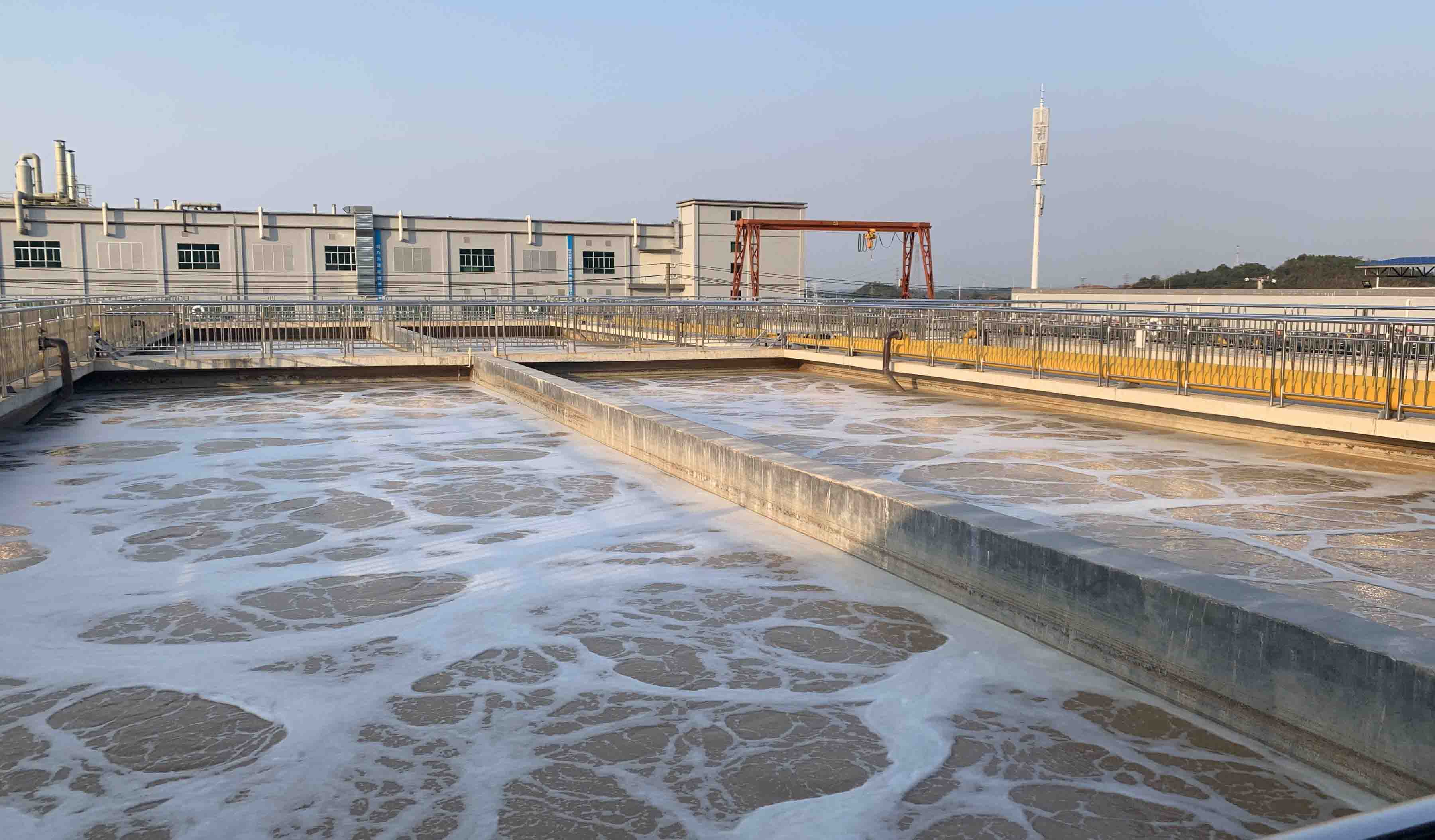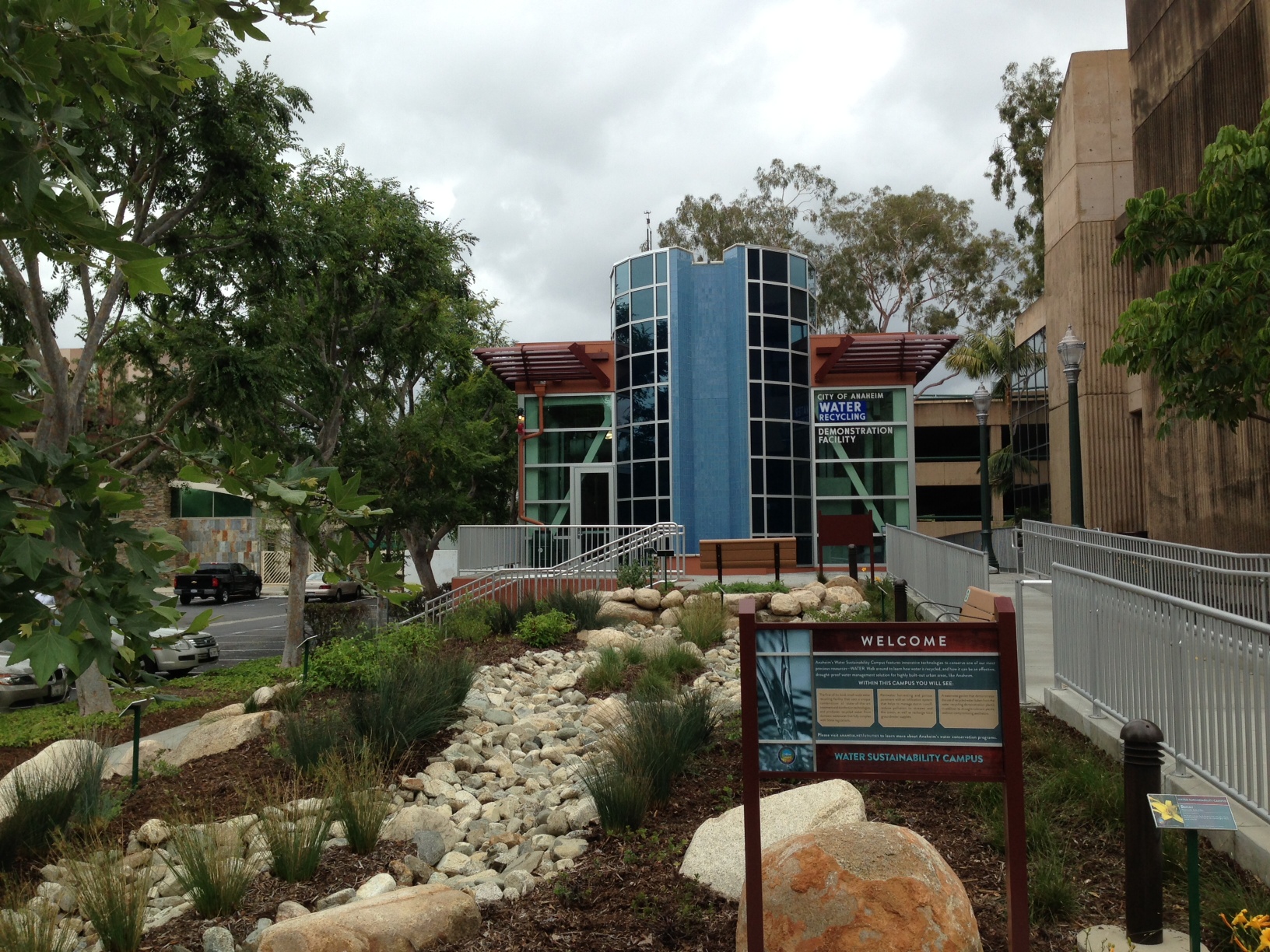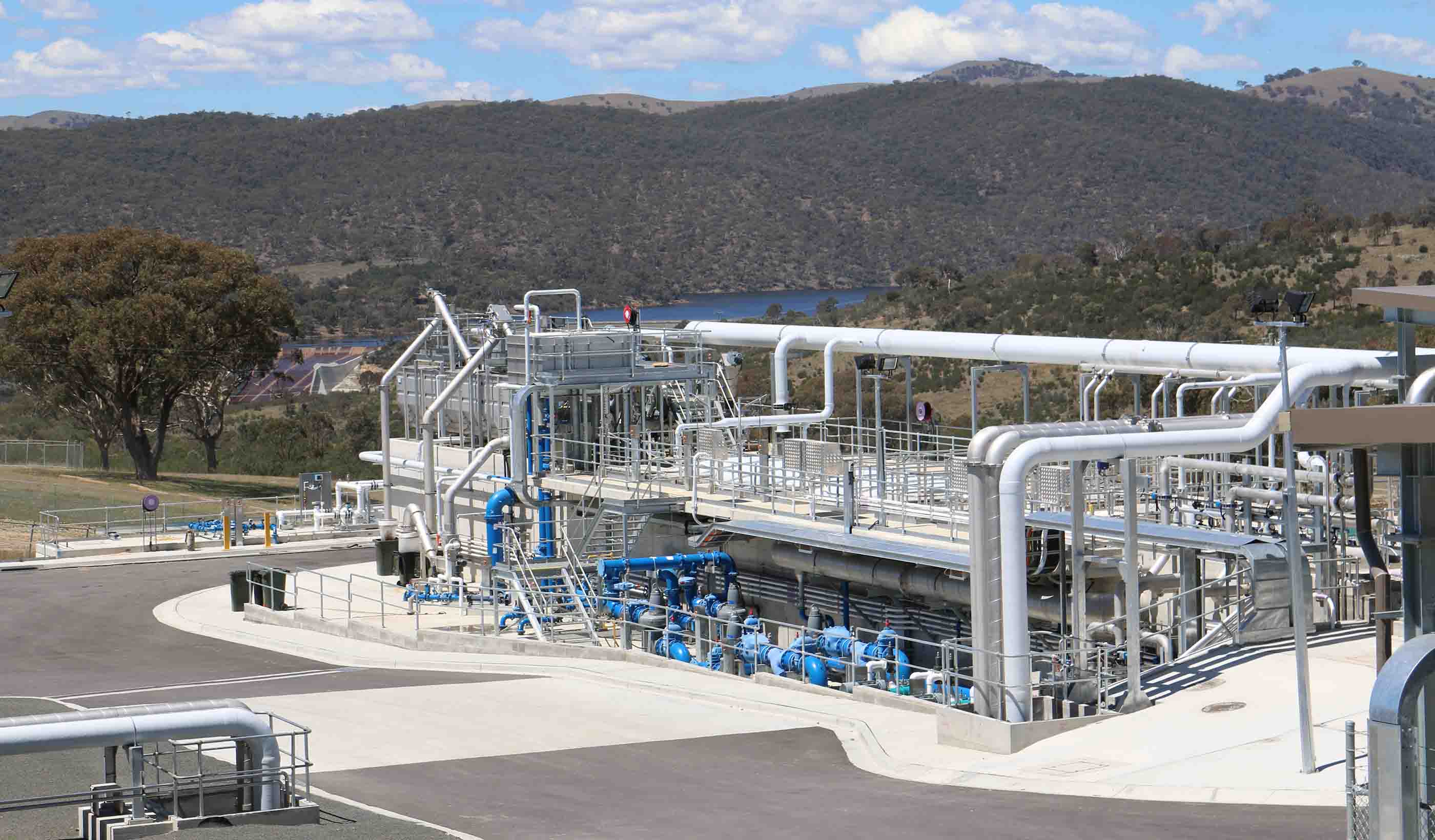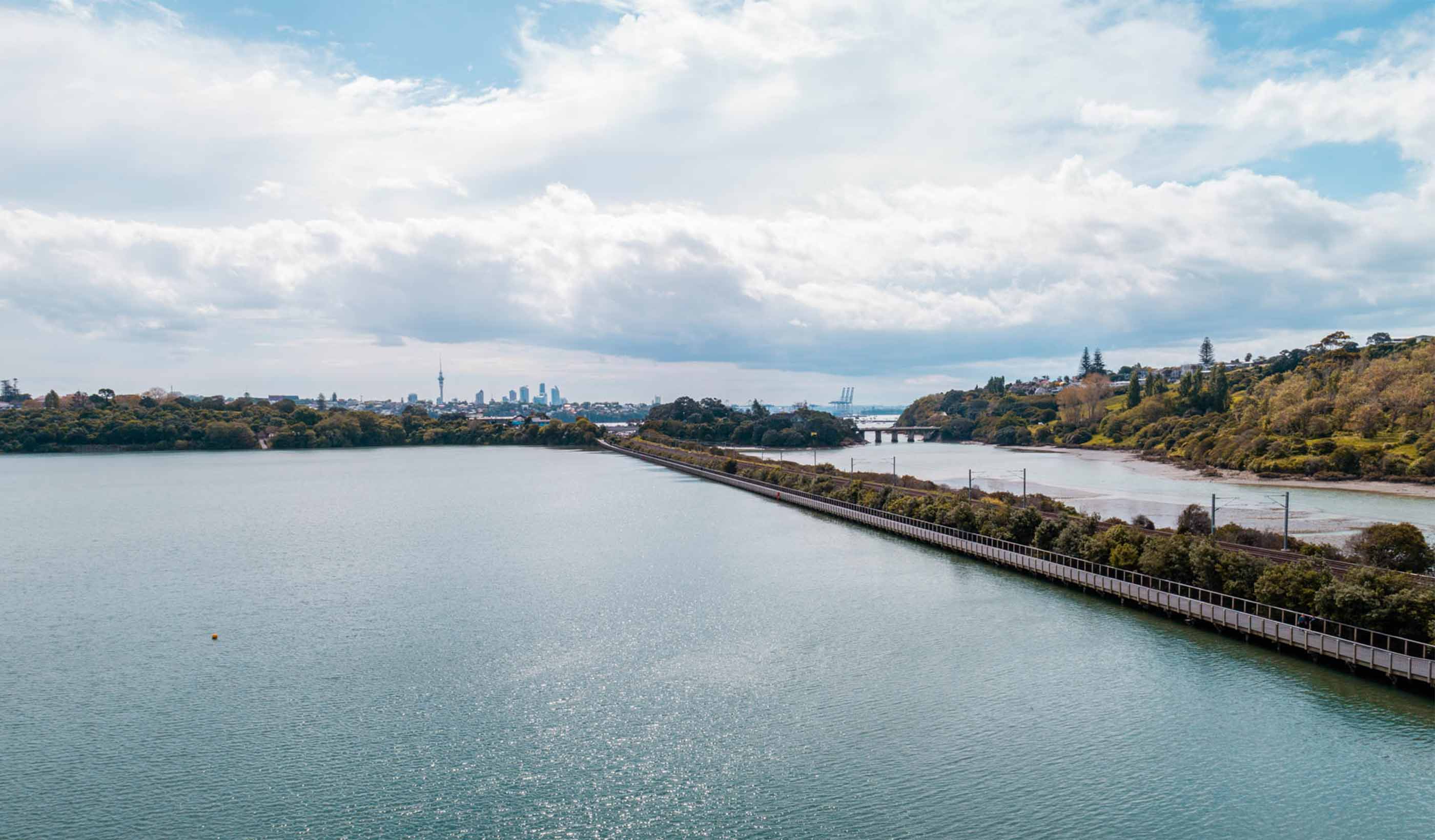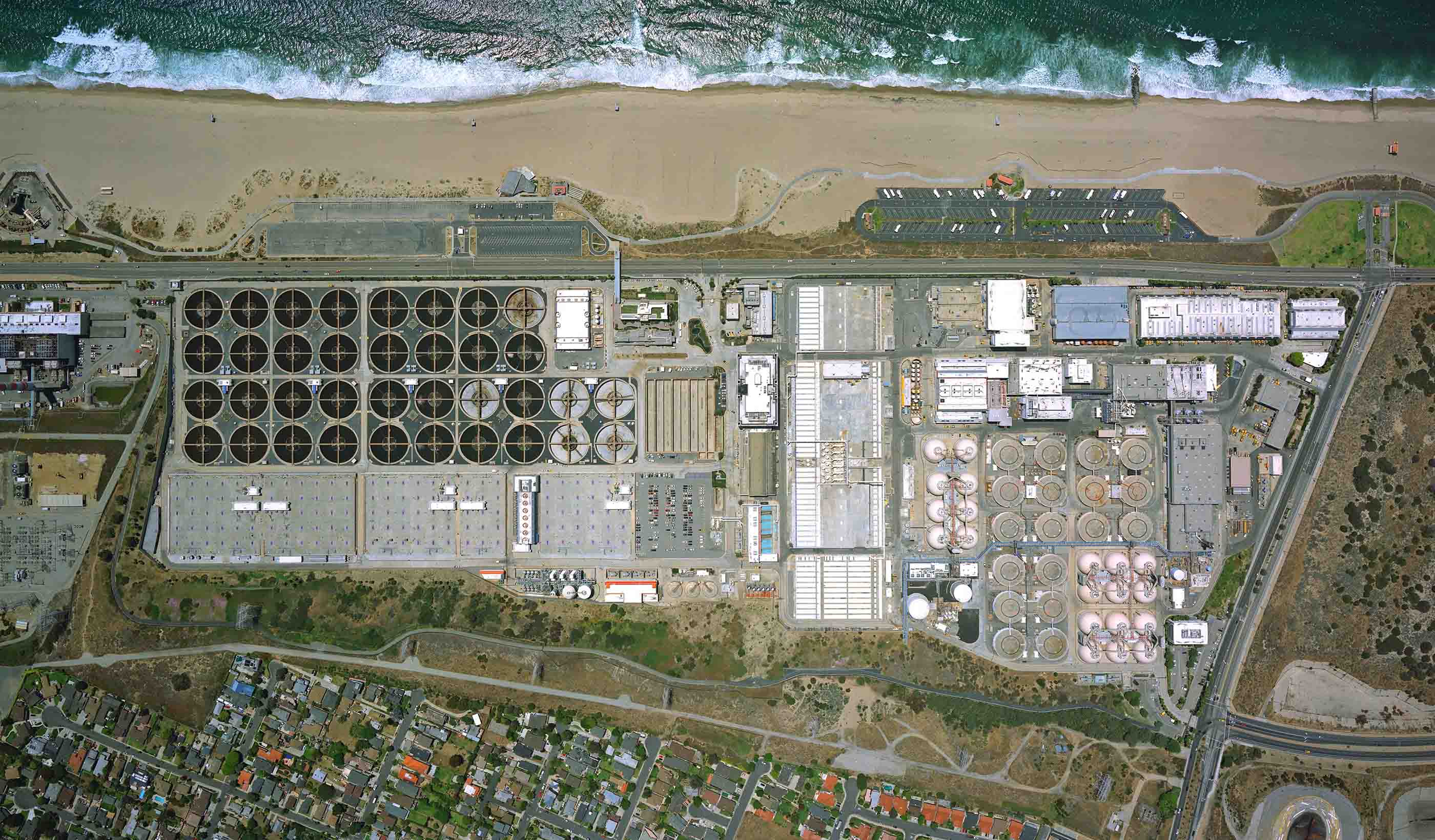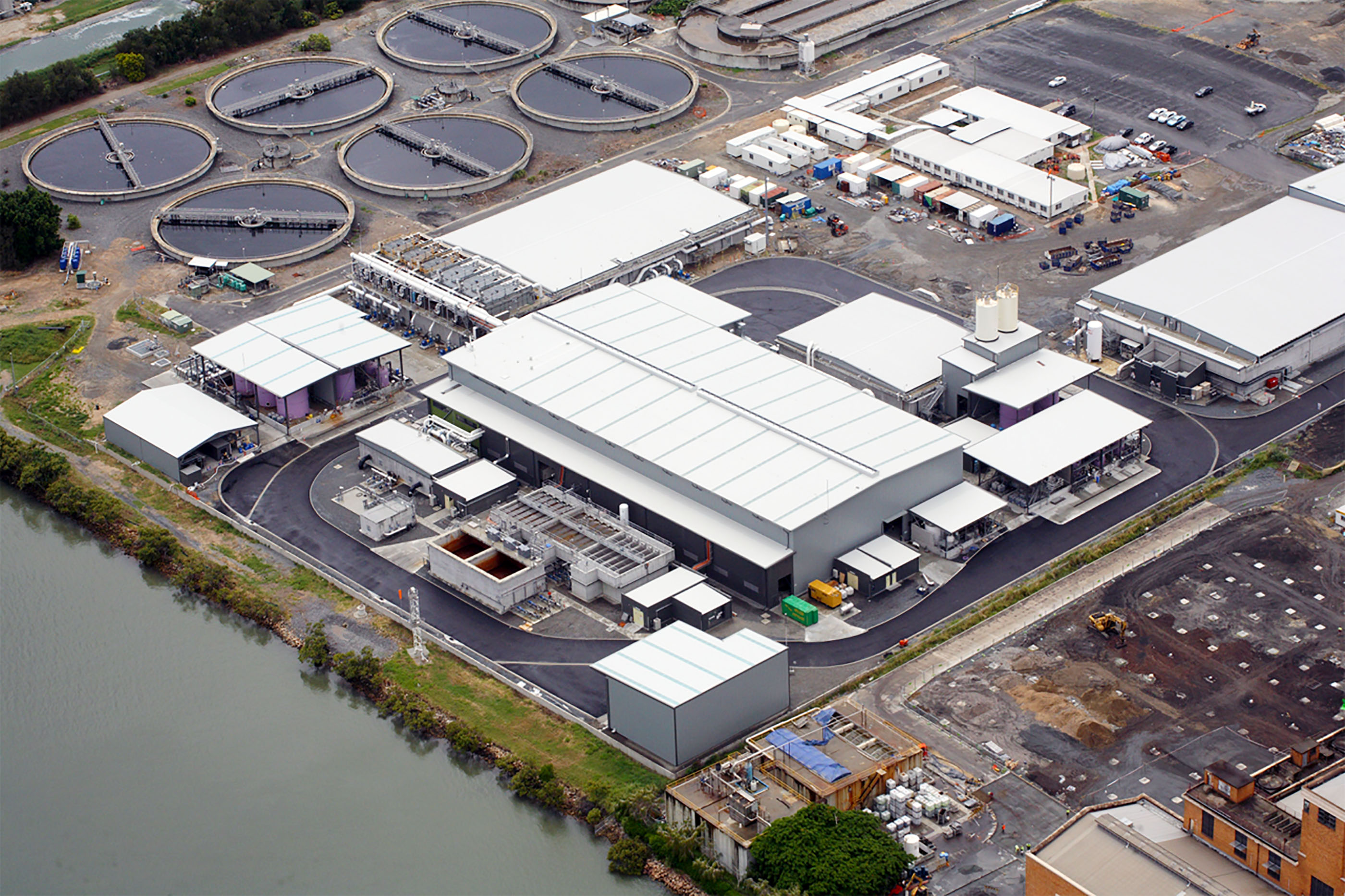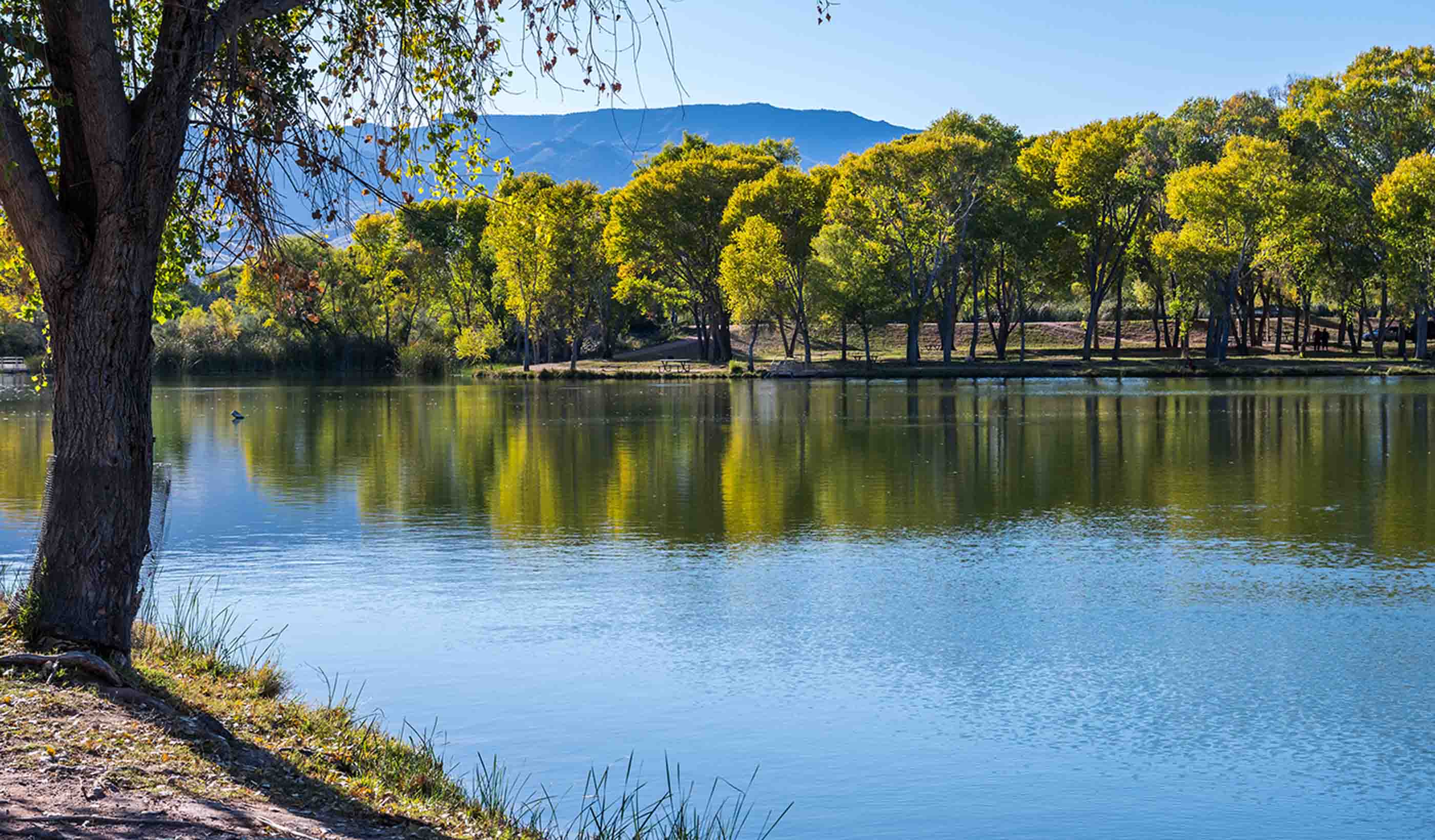At a Glance
-
$80K
Study Cost
- Location
- Seattle, Washington
- Offices
-
-
Client
-
-
Puget Sound Partnership
-
-
Partners
-
-
Puget Sound Institute
-
Western Washington University
-
- Location
- Seattle, Washington
- Offices
- Client
-
- Puget Sound Partnership
- Partners
-
- Puget Sound Institute
- Western Washington University
Share
Puget Sound Wastewater Service Affordability Analysis
Since 2018, concerns have been rising about the potential ecological impacts from treated sewage flowing into the Puget Sound. State regulators calling for improvements to wastewater treatment plants could result in increased utility rates, leading to questions about affordability for households already struggling with increasing wastewater bills. This prompted the Puget Sound Partnership to reach out to our team to conduct a study examining the financial burden households already faced prior to any improvements being implemented.
Collaborating with the Puget Sound Institute and Western Washington University, we analyzed current sewer bills for 80 utilities in the waterway’s region. Our findings showed that compared to median income earners who paid less than 2 percent of their income for sewer bills, low-income earners faced bills ranging from an average of 4.38 percent up to 10 percent of their income for similar service. This indicated that low-income households may need financial help to address the impact of rising wastewater bills, even before initiating improvements to wastewater processing.
As a result of this study, the Puget Sound Partnership is looking into strategies to cover improvement costs without further increasing the sewer bills of local households.
At a Glance
-
$80K
Study Cost
- Location
- Seattle, Washington
- Offices
-
-
Client
-
-
Puget Sound Partnership
-
-
Partners
-
-
Puget Sound Institute
-
Western Washington University
-
- Location
- Seattle, Washington
- Offices
- Client
-
- Puget Sound Partnership
- Partners
-
- Puget Sound Institute
- Western Washington University
Share
Susan Burke, Principal
Wise economic stewardship involves working within a team to allocate scarce resources that improve outcomes for society and the environment.
What I like most about my work is that I can directly see how the services I provide to a client directly impact a community for the better.
We’re better together
-
Become a client
Partner with us today to change how tomorrow looks. You’re exactly what’s needed to help us make it happen in your community.
-
Design your career
Work with passionate people who are experts in their field. Our teams love what they do and are driven by how their work makes an impact on the communities they serve.
